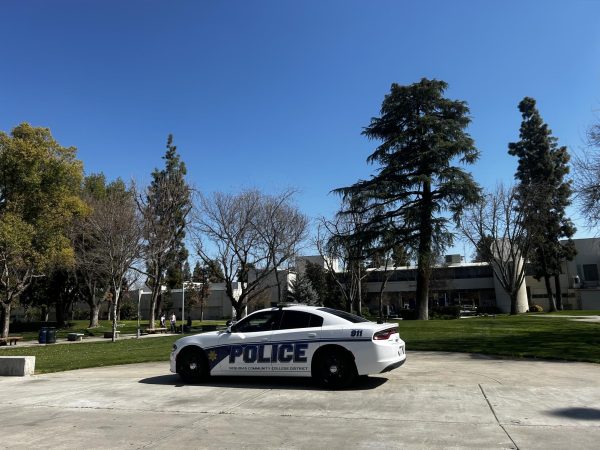Textbooks: A College Student’s Worst Nightmare?
Back to School Stressors
A new semester at COS has begun and with the start of new classes also comes the decision whether to buy or rent course textbooks. Buying or renting can be very expensive, the College Board reported that in the 2018-19 school year students spent an average of $415 on course materials and $1,840 all together on books and supplies. So, this begs the question of whether or not students should even consider getting the textbooks for their classes in the first place?
It is important to note that in some classes having the course textbook is essential for completing course work. For example, COS’ own professor Juan Arzola’s Federal, State, and Local Government course requires reading of the course textbook to understand the lectures in class and to complete the assigned coursework. “Coursework also requires students to synthesize textbook reading material which can’t be done if the student doesn’t have the textbook,” Arzola stated in regards to the necessity of course textbooks.
In these situations in which the course textbook is necessary many students seek out a PDF file of the textbook online to avoid the costly payments of buying or renting. However, be warned that the usage of an E book PDF file can result in copyright infringement. If one downloads a PDF file of a textbook it is not automatically illegal, according to Confluence “the only acceptable times when a person is legally allowed to copy the book is if the user copies the E-book files to a computer’s hard drive” and “the individual who purchased the E-book may lend it out… as long as they do not produce copies, if copies are produced then the person who owns the E-book is held reliable and will be charged for infringement.” Basically, PDF versions are not always in violation of copyright because the original owner may have obtained it to their hard drive and shared it without reproducing it as a copy, however there is a possibility of obtaining a file that does violate copyright laws due to it being a copy. So, before deciding to use a PDF version maybe wait and see if the professor themselves recommends it as an option.
Downloading a PDF is a free option usually, but when that is something not available because of legality there is the option of renting which is in most cases cheaper than buying. When renting though, Cappex reminds you to keep in consideration that “you need to return rented textbooks by a certain date. So if you need to hang onto the book for a few extra weeks to study for finals, you’ll need to see if the service offers extensions.” So, if you think you’ll need the book longer than the return date, buying might be the safer option.
As much as a financial pain obtaining course textbooks can be, they are something required for your personal success as a student. So, it is safe to say that in at least some form you should get your hands on your course textbooks.
Whether to rent, buy, or download though, is up to your own personal situation and evaluation.









